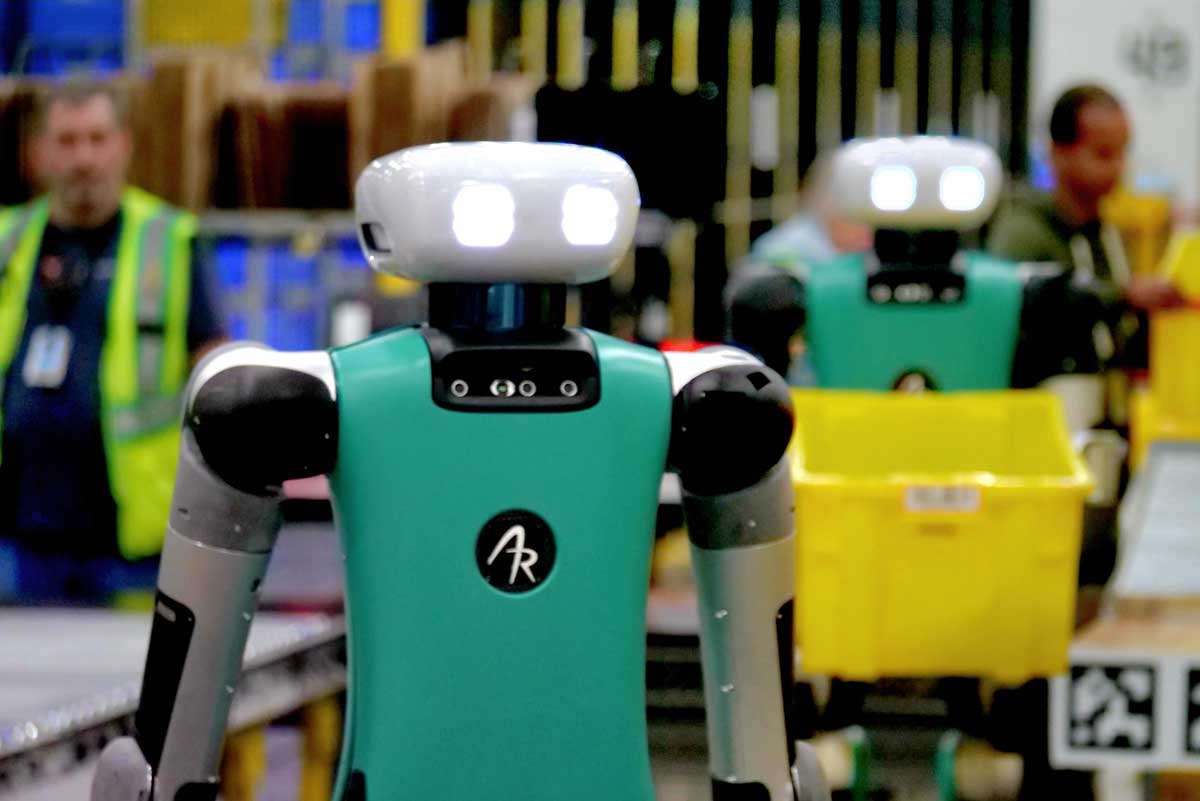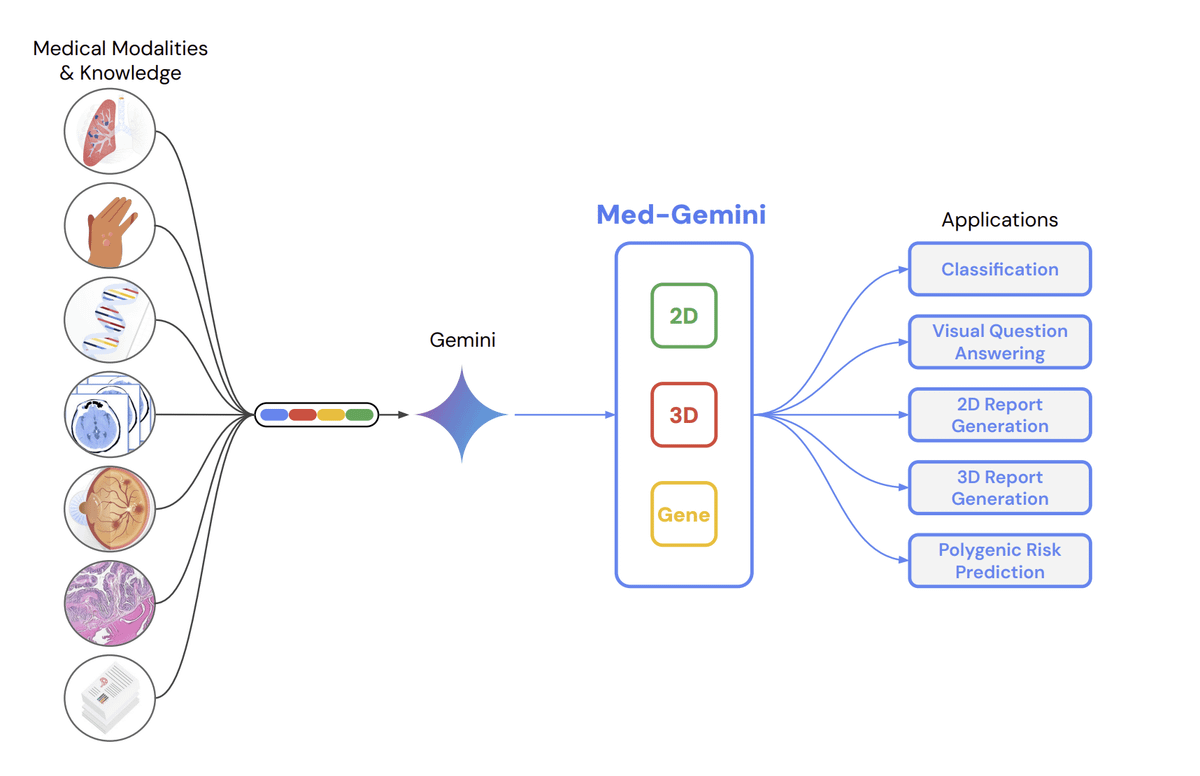With over 750,000 robots buzzing around its warehouses, Amazon has undeniably become a leader in robotic integration. These AI-powered machines are transforming the e-commerce giant’s operations, promising increased efficiency, safety, and productivity. However, alongside these benefits lie concerns about job displacement, ethical considerations, and the broader implications for the future of work.
At the heart of Amazon’s robotic army are nimble machines like Kiva and Proteus, zipping through facilities, transporting and sorting goods. Others like Sparrow and Cardinal act as robotic pickers and packers, identifying and handling individual items with precision. These tireless workers contribute to faster order fulfillment, lower costs, and 24/7 operation, a boon for the ever-demanding world of online shopping.
But robots aren’t just about brute force. Amazon deploys AI-powered robots like Hercules and Athena for intelligent tasks like shelf-stocking. This frees up human workers for more complex tasks, potentially creating new opportunities in areas like data analysis, engineering, and robot maintenance. Additionally, robots can handle heavy or hazardous tasks, significantly improving safety in warehouses.
However, the specter of job displacement looms large. With robots automating repetitive tasks, concerns arise about the impact on human workers. While Amazon argues that robotics creates new opportunities, the transition for displaced workers can be challenging. The ethical implications of AI also raise concerns. Data privacy, worker surveillance, and potential bias in algorithms demand careful consideration and responsible development.
The impact of Amazon’s robots extends beyond its warehouses. Delivery robots like the bipedal Digit represent attempts to automate last-mile delivery, potentially altering the urban landscape and raising questions about regulations and safety.
The debate surrounding Amazon’s robotic revolution is complex and multifaceted. While the efficiency and safety gains are undeniable, ethical considerations and the potential for job displacement cannot be ignored. As Amazon continues to push the boundaries of robotics, navigating these challenges and ensuring responsible development will be crucial. The choices made today will not only shape the future of Amazon’s operations but also set a precedent for the integration of AI and robotics in the broader workforce, impacting industries far beyond e-commerce.
Amazon’s robotic revolution presents a double-edged sword. While it offers exciting opportunities for efficiency, safety, and innovation, it also raises valid concerns about ethics, job displacement, and the future of work. Moving forward, striking a balance between technological advancement and responsible development will be key to ensuring that the future of work shaped by robots is one that benefits both businesses and humanity alike.






Leave A Comment